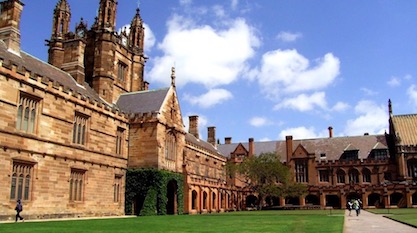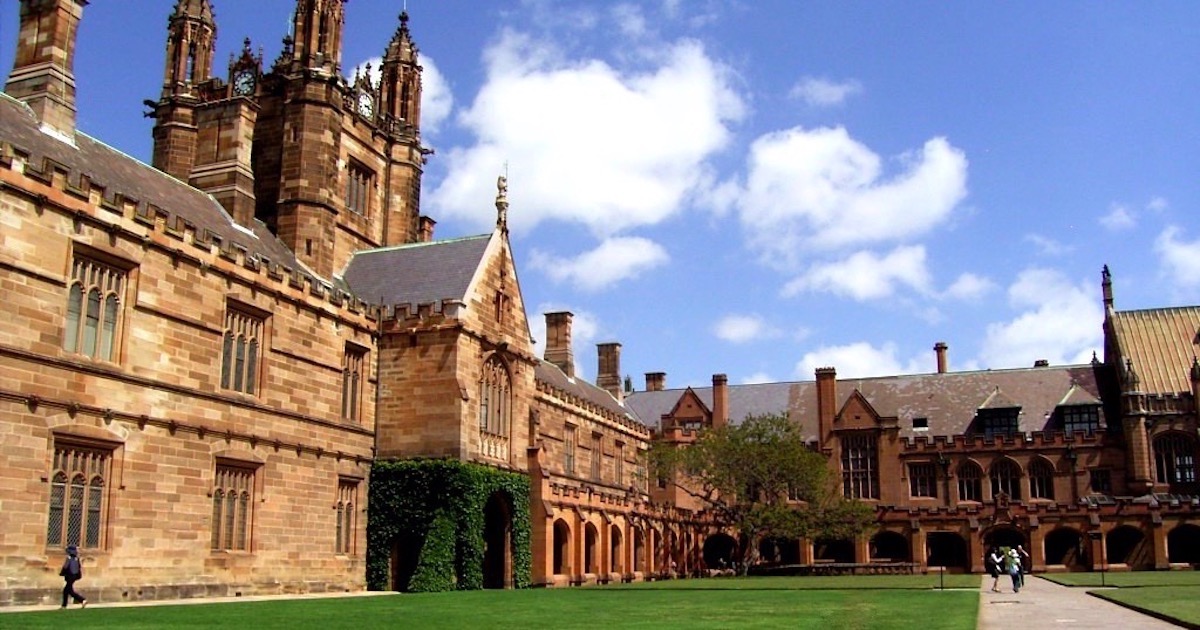 Free Speech
Free Speech
More Victories for Academic Freedom…Down Under


It seems that a movement of support for academic freedom is rising in Australia. Last week I noted scientist Peter Ridd’s vindication in court. Now, over at The Conversation, two professors, Katharine Gelber and Kristine Bowman, report on a request by the Federal Education Minister, Dan Tehan, for a model freedom of speech and academic freedom code. The code would be implemented at universities across the nation.
This model code was drafted by Robert French who used to serve on Australia’s High Court. I admit I have not read the entire review and recommendation — it is 300 pages — but I have read the model code at the end.
Cause for Concern
Overall it sounds quite helpful, delineating rights for students, faculty, and invited speakers. However, one of the instructions for invited speakers gives me pause.
6 – The university has the right and responsibility to determine the terms and conditions upon which it shall permit external visitors and invited visitors to speak on university land and use university facilities and in so doing may:
…
(c) refuse permission to any invited visitor or external visitor to speak on university land or at university facilities where the content of the speech is or is likely to:
…
iii. involve the advancement of theories or propositions which purport to be based on scholarship or research but which fall below scholarly standards to such an extent as to be detrimental to the university’s character as an institution of higher learning;
That last provision could easily become a tool against speech that, objectively, meets high standards but that violates norms of orthodox thinking, as for instance on Darwinian evolution. We’ve seen as much before. And if that’s what they say for outside speakers, what about faculty? It seems that a faculty member arguing for design in nature could be silenced by invoking “scholarly standards” against her: After all, “scholars” already know that biology gives no evidence of purpose or design, a censor might say. They’ve known as much since Darwin. So to suggest otherwise would by definition “fall below scholarly standards.”
It does seem that students receive strong protections under the model code. Also, Professors Gelber and Bowman report that the University of Melbourne and the University of Sydney are taking action to adopt academic freedom policies similar to French’s code.
Reading the code reminds me of our Student Academic Freedom in Science Resolution. While students enjoy good protections generally under French’s recommended policy, our resolution draws special attention to the discrimination that can target controversial viewpoints on scientific issues.
The Importance of Culture
The conclusion of the article at The Conversation deserves mention. The authors quote Robert French:
A culture powerfully predisposed to the exercise of freedom of speech and academic freedom is ultimately a more effective protection than the most tightly drawn rule. A culture not so predisposed will undermine the most emphatic statement of principles.
Wow! In 2018 I found Assistant Minister for Science Zed Seselja’s support of freedom in science inspiring. It seems that with the Ridd victory and Tehan’s push for free speech, Australia’s culture may be turning in favor of academic freedom. I hope the turn will extend to students, faculty, and invited speakers who are critical of evolutionary theory. And even more, I hope it makes its way to the United States.
Photo: University of Sydney, via Wikimedia Commons.
